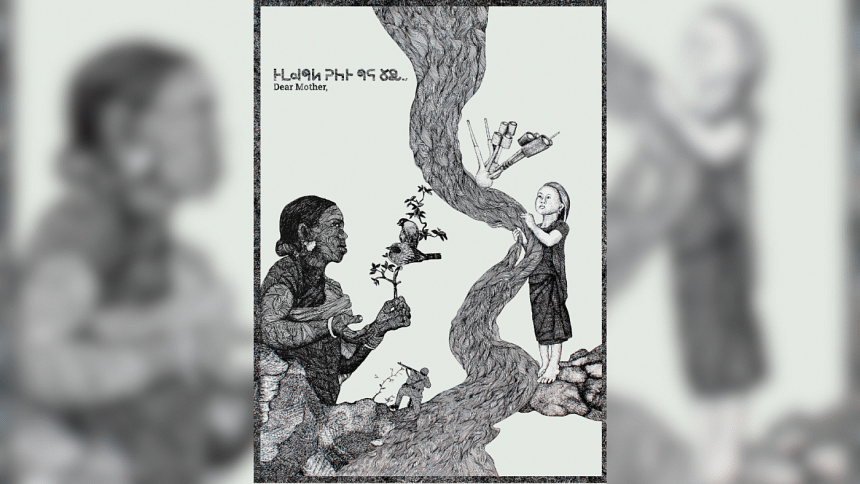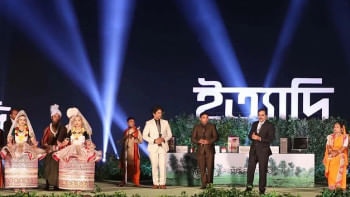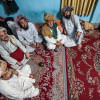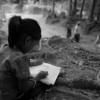Drik opts for open-air screening of 'Dear Mother'

On December 23 (yesterday) at Drik, a significant fictional film titled "Dear Mother" was presented unconventionally, opting for open-air screening instead of traditional ticket exchanges. The initiative was undertaken instead of associating industry and commerce because the organisers persist in their efforts to firmly believe that the encroachment on the hills is undeniably a consequence of commercialisation.

In a world gripped by turbulence, amid the suffocating scent of blood and gunpowder, one must ponder: Are we genuinely aspiring to build a better world, or is our collective consciousness clouded by the addiction to aggression? The virus of aggression seems to have infiltrated even the institutions of a nation known for its resistance against British rule and the oppression of the Pakistani junta. In this scenario, the state apparatus is taking the lead in standardising all distinctions—diverse paths, languages, and cultures—into a singular entity.

Nevertheless, the inherently independent mind naturally resists this current, daring to dream differently. In this spirit, a group of young dreamers has crafted a film titled "Kiori Pek Rau" in the Mru language, translating to "Dear Mother" in English. The film potentially narrates the story of a divine child, a mother, or the desolate tale of a barren mountain.

This noteworthy film has recently been officially selected for the Aporia International Village Film Festival in Korea and is anticipating participation in various other festivals.
In reality, filmmaking is a costly artistic endeavour with firmly established and well-known stereotypes. Producers often find themselves ensnared in the intricate web of financial narratives. Against the backdrop of corporate finance, the filmmakers of "Dear Mother" persist in weaving their dreams using simple and unpretentious construction techniques.

They embrace a cinema-weaving technique that they call "Liberate Cinephile". In their vision, they aspire to liberate cinema from the entanglements of money and censorship, placing it solely in the hands of the artiste. The tangible realisation of these ideals is evident in their film "Kiori Pek Rau".

 For all latest news, follow The Daily Star's Google News channel.
For all latest news, follow The Daily Star's Google News channel. 








Comments